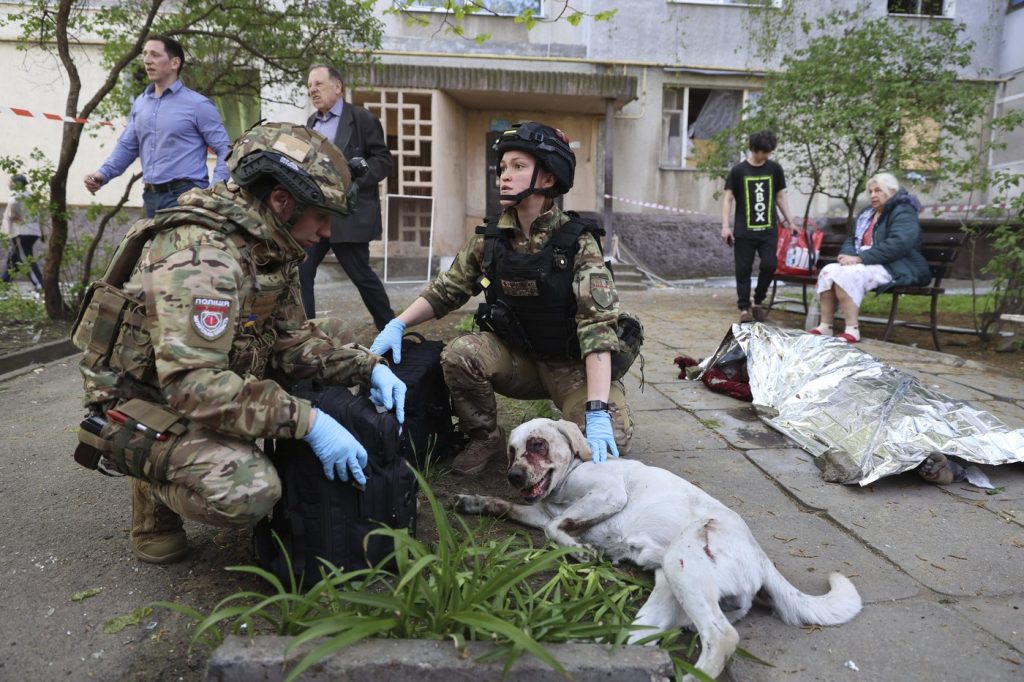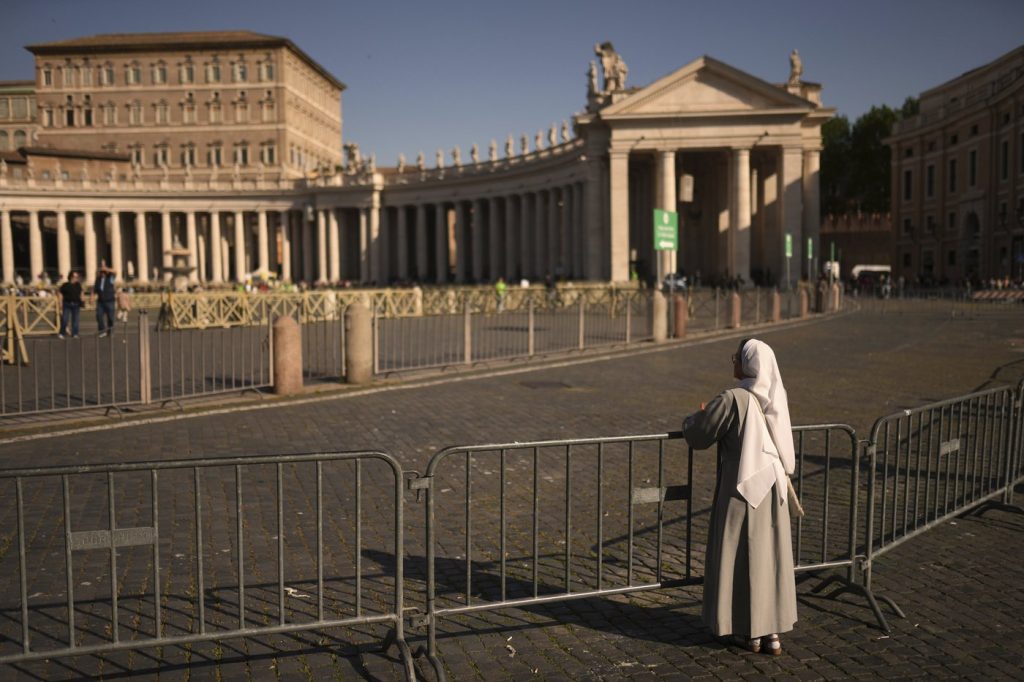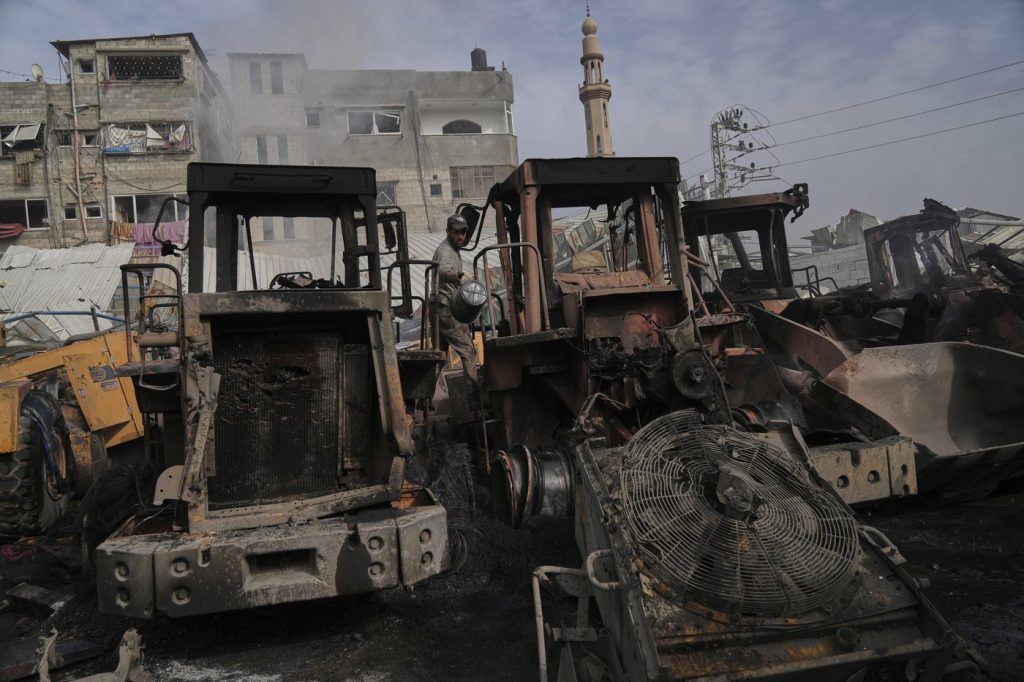KYIV, Ukraine (AP) On Tuesday, President Volodymyr Zelenskyy firmly rejected the notion of Ukraine ceding any territory to Russia as part of a potential peace agreement. This statement came just one day before high-level talks involving American, European, and Ukrainian officials in London aimed at discussing strategies to end the ongoing conflict.
Previously, during discussions in Paris last week, U.S. officials had proposed a plan that would allow Russia to retain control over occupied Ukrainian territories. This information was revealed by a European official who requested anonymity due to the sensitivity of the topic. The upcoming talks in London will likely revisit this controversial proposal as the involved parties seek common ground for concluding the war, with the United States set to communicate these discussions to Russia.
Zelenskyy's steadfast stance on territorial integrity includes the rejection of any discussions regarding ceding land, which encompasses Crimea, a region invaded by Russia more than a decade ago. He emphasized, "There is nothing to talk about it is our land, the land of the Ukrainian people."
Opinions among European allies regarding the U.S. initiative are mixed, with some expressing hesitance about the idea. However, there is a recognition that Russia has a strong foothold in five Ukrainian regions: Crimea, Luhansk, Donetsk, Zaporizhzhia, and Kherson. A senior French official indicated that any ceasefire should be based on the current lines of contact, reflecting the realities of the conflict.
Amid ongoing military actions, the situation on the ground remains volatile. Russian drones attacked the port city of Odesa, and glide bombs were reported to have hit Zaporizhzhia, resulting in casualties and damage to civilian infrastructure. The Kremlin has also suggested that swift outcomes from negotiations are unlikely.
U.S. representation at the upcoming discussions will be led by retired Lt. Gen. Keith Kellogg, as U.S. Secretary of State Marco Rubio will not be attending due to scheduling conflicts. Both Trump and Rubio emphasize the importance of diplomacy and are keen on finding a resolution to the war. Recent statements from Trump indicated that negotiations were reaching a critical juncture, although he suggested the U.S. may withdraw from negotiations if progress is not observed.
Zelenskyy outlined the mandates for Ukraine's delegation, stating that they are authorized to discuss conditions for an unconditional or partial ceasefire with Russia. He reiterated that Ukraine's willingness to engage in dialogue is contingent on genuine commitments from Russia for peace. Furthermore, special envoy Steve Witkoff is anticipated to visit Moscow again for further discussions.
The situation has escalated with intensified Russian attacks using drones, specifically targeting Ukrainian cities overnight. The Ukrainian air force acknowledged a significant launch of drones against Ukraine, marking a shift in Russian tactics as they use Shahed drones in long-range strikes.
In a mixed message, Ukraine has stated its readiness for a ceasefire focused on civilian areas, yet Moscow has not indicated plans to negotiate this proposal, citing the complexity of defining military versus civilian targets. As both sides prepare for potential escalations in military activity, Ukraine remains vigilant amid ongoing threats of violence from Russia.
The escalation of the conflict continues to underscore the challenges of finding a diplomatic solution, and with both sides seemingly preparing for renewed military engagement, the Ukrainian population faces an uncertain and precarious future.












